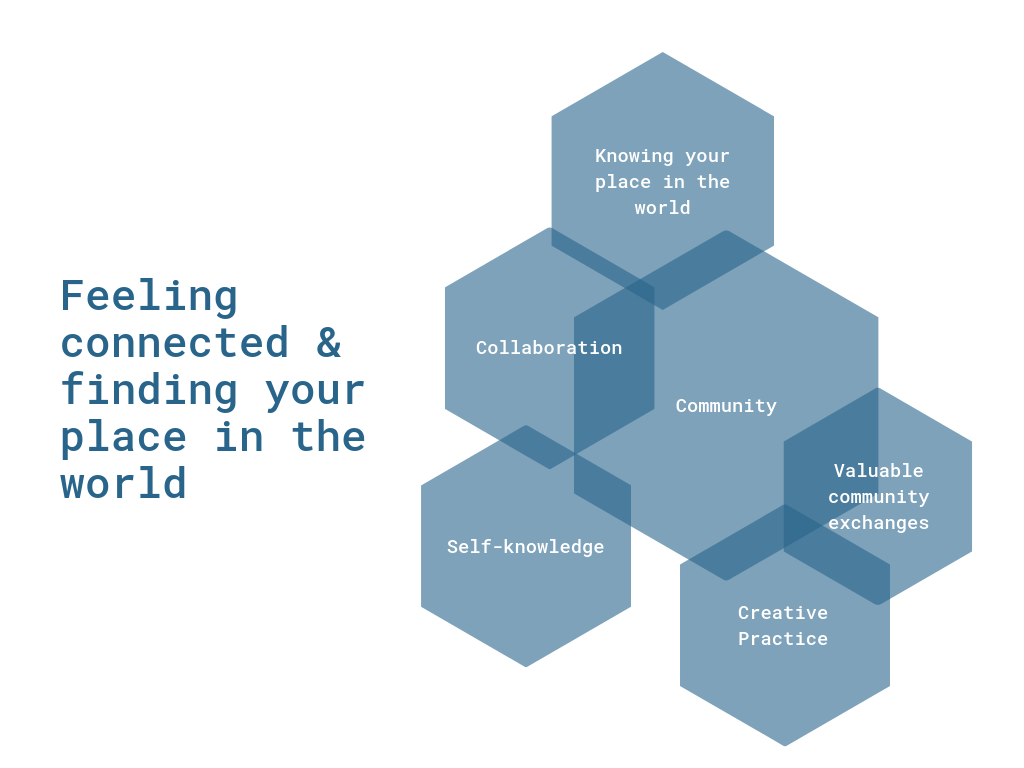The world might seem like a dense crowd sometimes. And at other times it seems like we are all alone. How do we make sense of this?
A lot of the self-help cliches that float out there are half-true. One part of you is unique. You are a unique person. But you are also the same as everyone else in many surprising ways. Parsing the above statement can be very complex for young students and professionals.
In this blog post, I will help you make sense of both these opposite statements. Doing this will help you realise that crowds are full of sameness and you can realise at least some of your uniqueness, the world is not crowded anymore.
It is obvious that all individuals are unique, to begin with. But what is not obvious is that this uniqueness has to be realised and is not given. There are many methods that can help an individual realise and nurture their uniqueness.
This uniqueness and sameness need to be considered simultaneously. We are made of narratives and matter at the same time. Narratives are unique. Matter is common. We focus on our unique abilities and nurture our creativity when we cherish our uniqueness. We feel one with the universe when we cherish our sameness.
So, now I’d like to come back to the opening statement. The perception of the world is a densely crowded space.
If we are aware of what we can uniquely interpret and do for others, we will feel like we belong. Even belonging to a small community of people is a kind of belonging. The smaller the community of people we belong to, the more firmly and confidently we will be able to perform in the world.
If we are aware of the commonality between us and the world, we feel empathetic with others. Our shortcomings and the shortcomings of those around us somewhere get connected. Feeling sameness and commonality with the world around us allows us to perceive the world as ample space.
This simultaneity of our perceiving the world as small and broad at the same time gives us a sense of balance. A sense of balance that allows us to feel both enormous potential and infinitesimally small specificity at the same time.
When we feel this sense of balance, we will be able to be accountable to ourselves. At the same time, we will not hesitate to send collaborative requests to others. Successful creation of any complex cultural product is likely to come out of a collaborative effort today.
Being in this position of being confident of one’s abilities and being open to collaborations is a reasonable frame of mind to arrive at.
This position also does not make us perceive the world as a crowded space. It allows us to see the world as a system with unique problems that we can uniquely solve. Of course, we can do it if we have managed to discover, nurture and value our uniqueness. How do we do this?
One of the least talked about the benefits of engaging in creative activity is the way it helps you understand the way your mind works. If you engage in such activities for long enough, you will be able to trace the patterns of your mind by joining the dots between the mental models expressed in different creative projects. There is a value in such creative projects being artistic and not designerly. The open format of art projects helps them offer more potential for self-discovery.
To conclude: if you know and value enough of your own uniqueness, you will not find the world to be an overly competitive space. You will be able to identify people and situation you can uniquely contribute to and collaborate with!
Identifying such people and situations lays the foundations for a successful long term partnership that is mutually productive.
